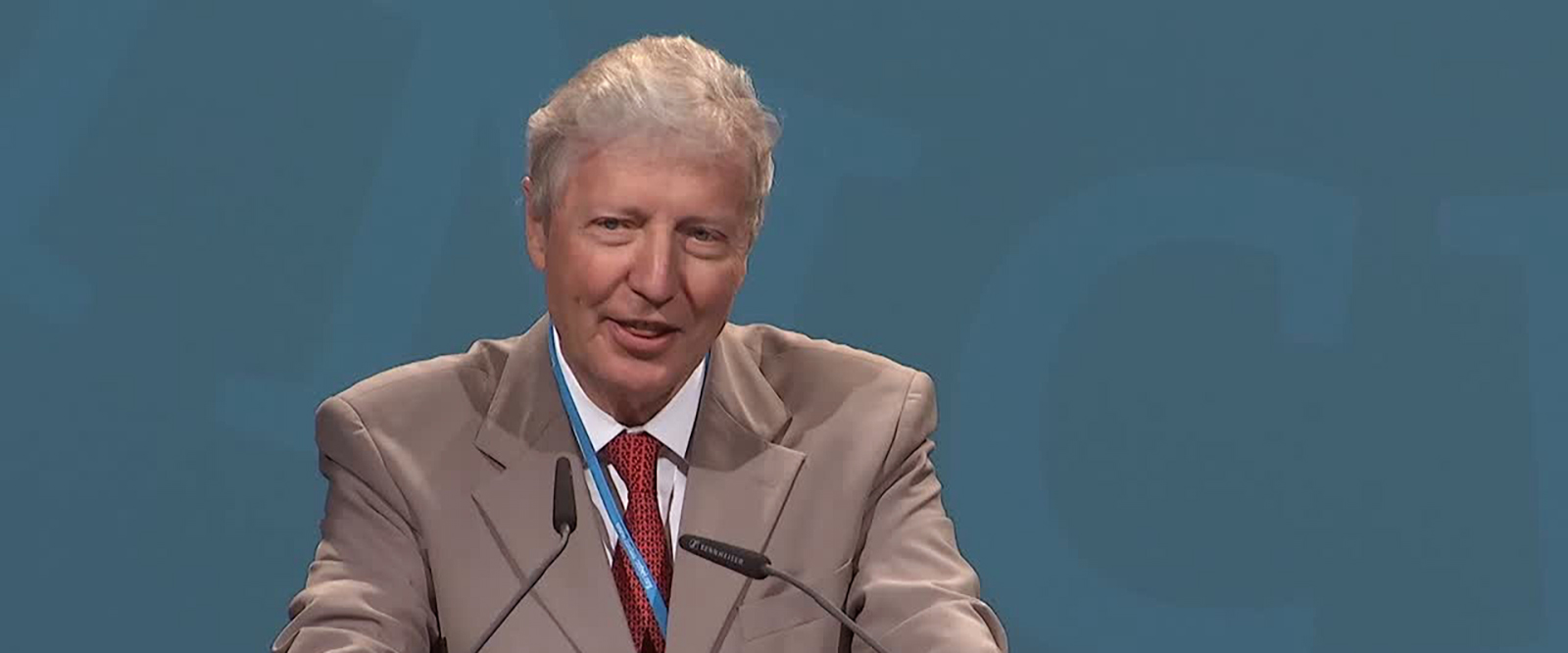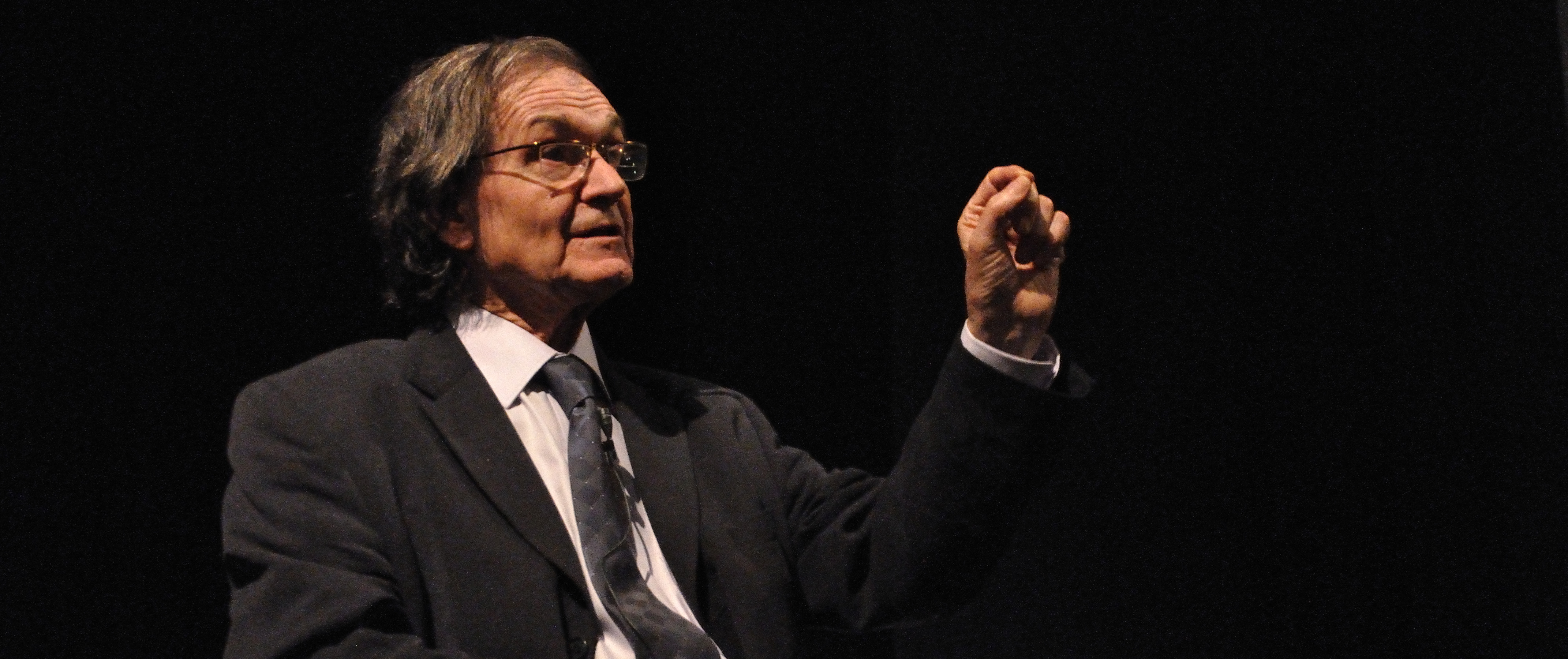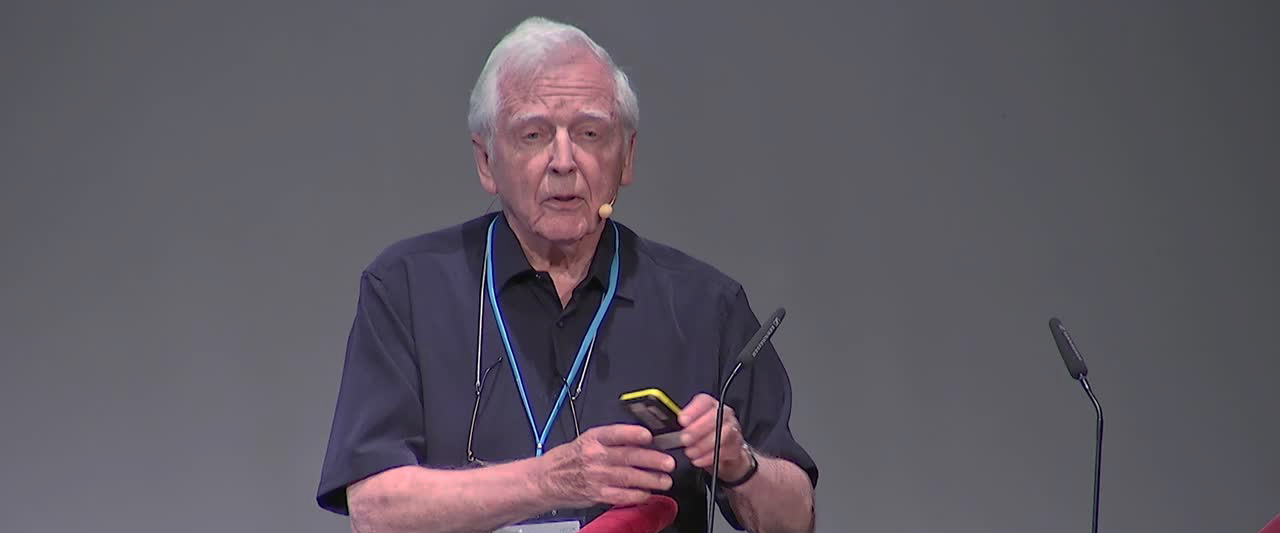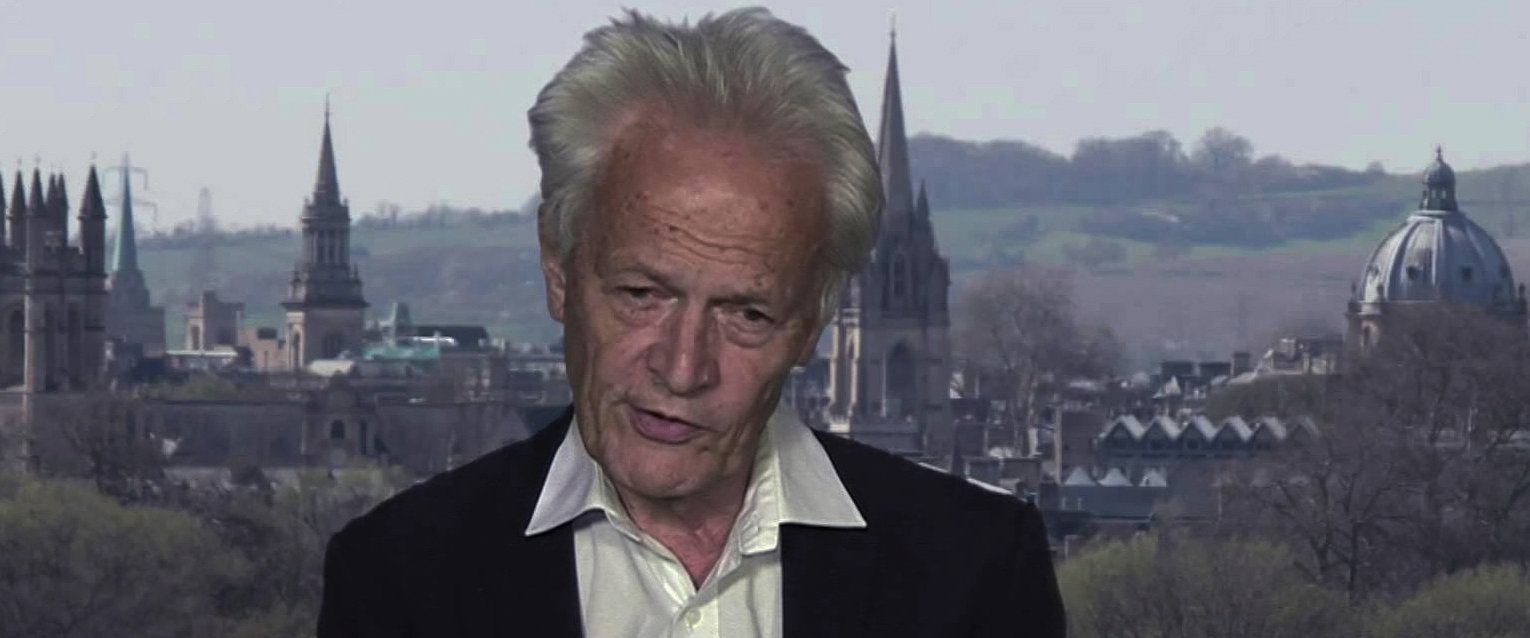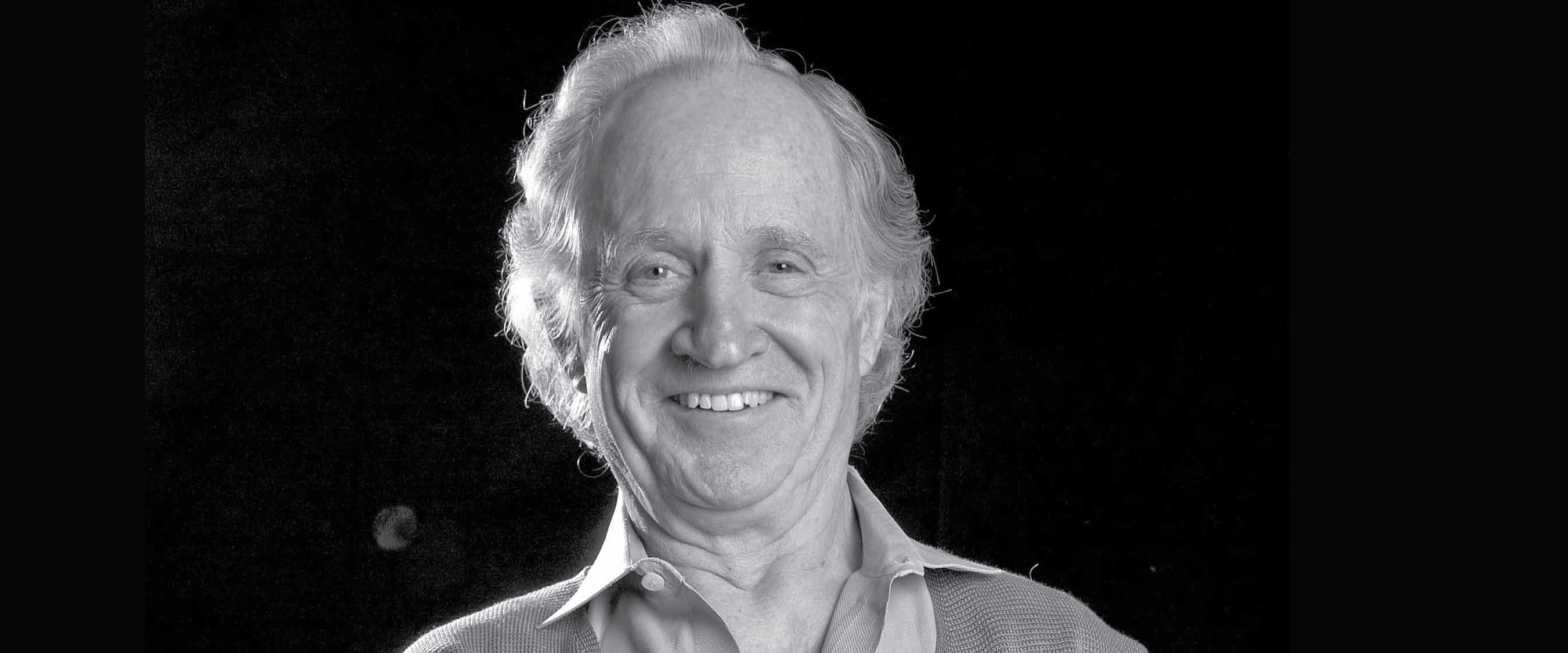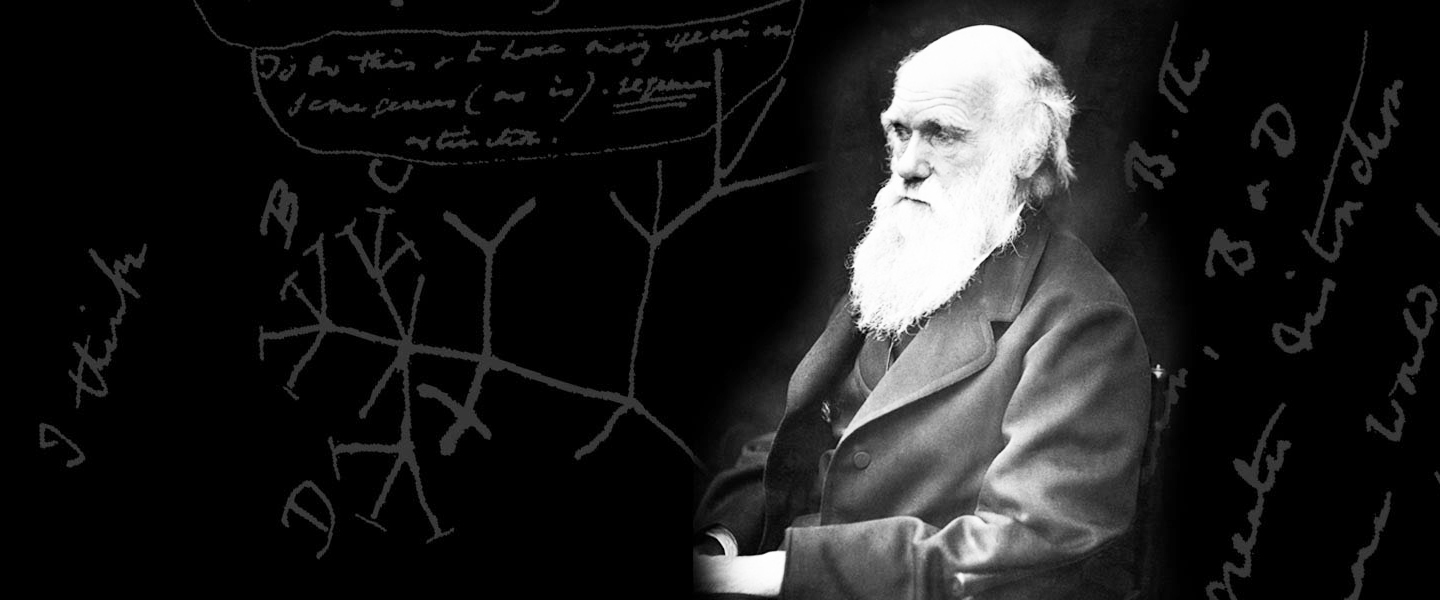19th March 2015.
Benjamin Page, University College London.
The seminar will take place in the College Lecture Theatre at 6.00 pm. The poster can be downloaded here.
From Mexico to Nigeria to the Philippines diasporic hometown associations have become familiar institutions in discussions of the migration-development relationship. These voluntary clubs, which meet in the diaspora but gather their members on the basis of a shared affiliation to a home in the country of origin, are often the most accessible and familiar mechanisms that link migrants to home. This paper will address three issues drawing on case study material from Cameroon in central Africa. Firstly it will look at the history of hometown associations going back to the early part of the 20th century and internal migration in the colonial period. Secondly it will look at their role in integrating migrants in the host country. Thirdly it will look at their contribution to development in their home country. In each case it will argue that the character and work of the association is shaped partly by the context in which it operates – in other words that ‘place’ matters and diversity is the consequence. So for example the work of migrants associations in colonial and immediate postcolonial contexts is different though the form is the same. Equally their effectiveness as tools of integration varies in different host societies in relation to different flavours of racism or cosmopolitanism in different locations. Finally their effectiveness as development agents is often shaped by their African home governments in the countries where they are trying to operate. In short these institutions have to be analysed in relational terms – in relation to history, in relation to host societies and in relation to home governments. They are simultaneously expressions of migrant agency and structural constraints: African migrants make their own associations, but not in circumstances of their own choosing.
Benjamin Page is a Reader (Associate Professor) in Human Geography and African Studies at University College London. After a brief (and unsuccessful) career as an engineer he undertook a doctorate at the University of Oxford (2000), where he worked for some years before moving to UCL. Since 2005 he has been working in the field of international migration and in particular its relationship to African development. He is the author (with Claire Mercer and Martin Evans) of “Development and the African Diaspora: Place and the politics of home” published by Zed Press, which provides a detailed comparative account of the work of hometown associations in Cameroon and Tanzania. He is currently working on projects related to: diaspora house-building in countries of origin; diaspora niche economies and the second hand car trade; diaspora behaviour change and malaria prophylaxis and the impact of the diaspora on diets and dining in their home countries.
